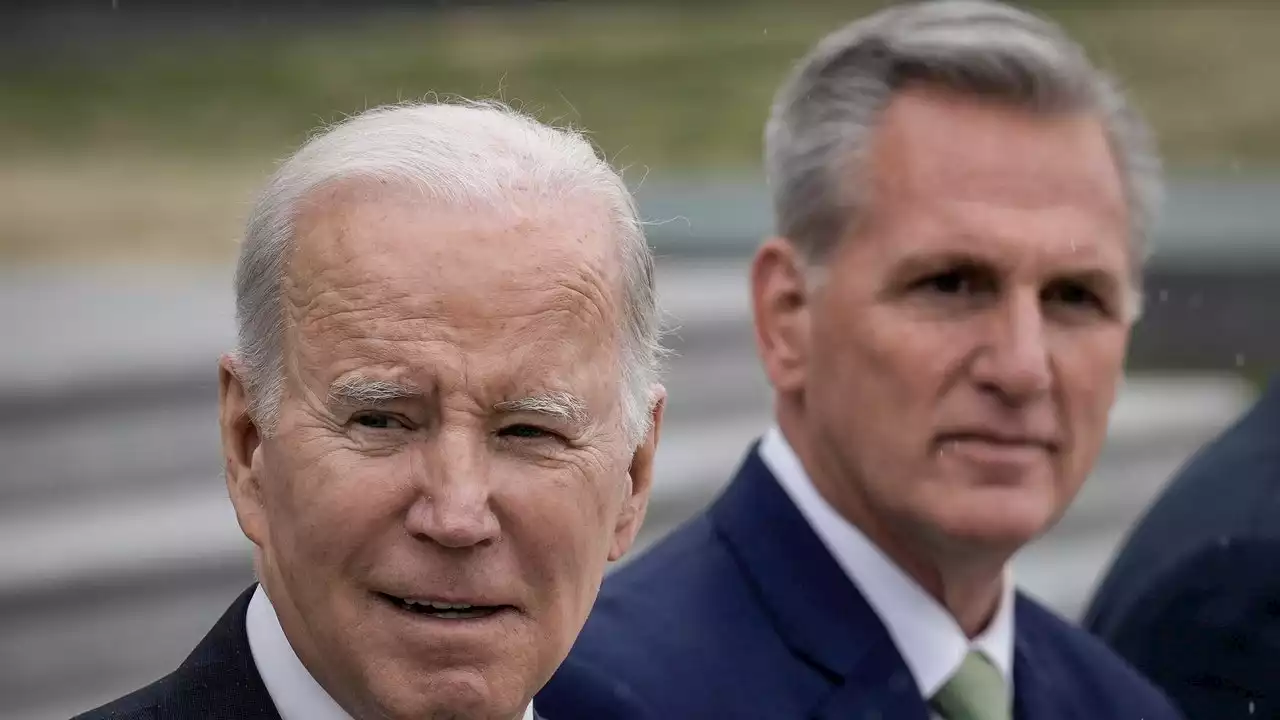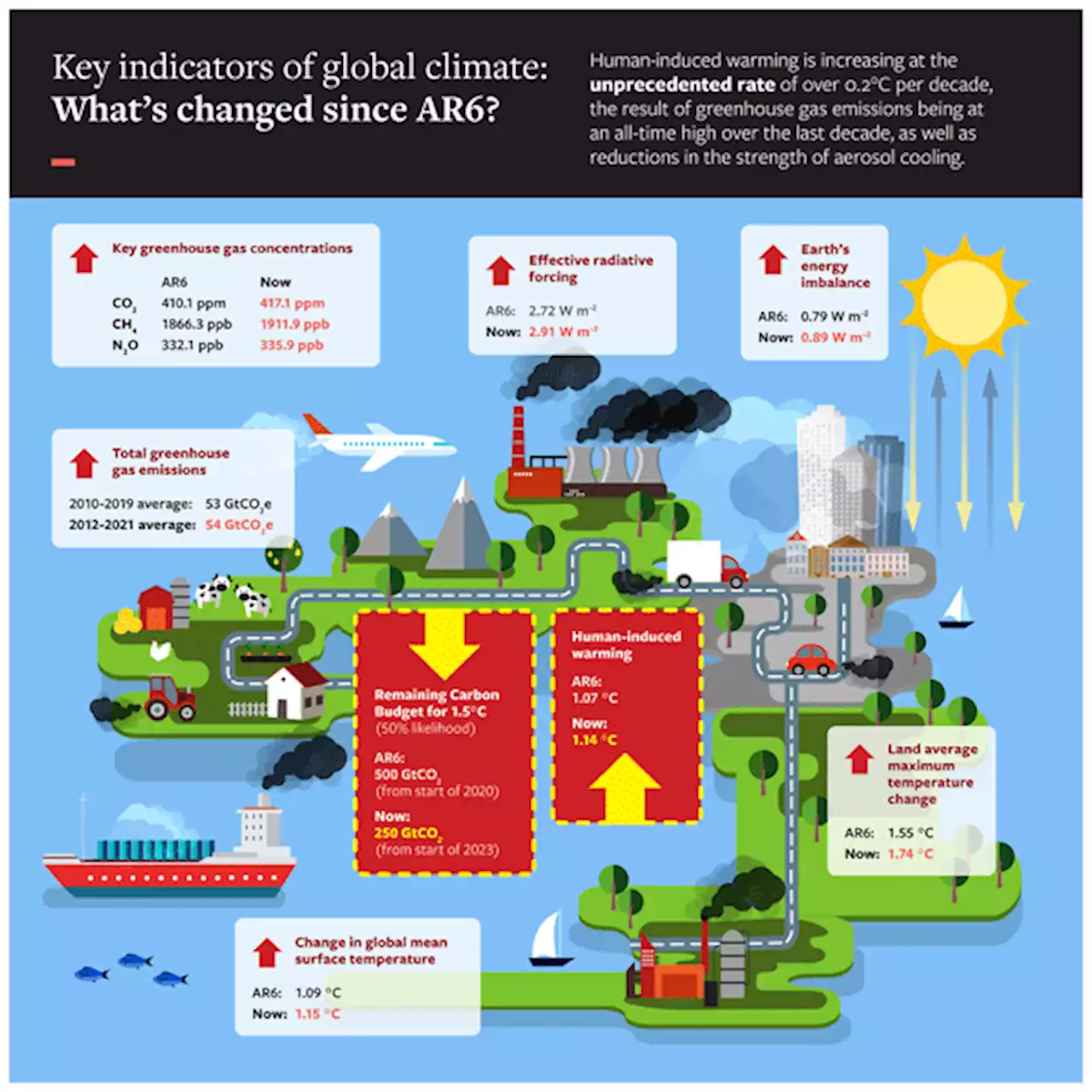Sixteen young people are suing the state, arguing that its support of fossil fuels violates their constitutional rights.
. “Although defendants know that the youth plaintiffs are living under dangerous climatic conditions that create an unreasonable risk of harm, they continue to act affirmatively to exacerbate the climate crisis,” the suit states., the rancher’s daughter and the only plaintiff who was 18 when Our Children’s Trust, a nonprofit advocacy organization based in Eugene, Oregon, filed the suit in March, 2020. It is one of many similar lawsuits nationwide but the first to reach a courtroom.
Vlases, 20, is a student at Claremont McKenna College in Southern California. She grew up in Bozeman, Montana, where she was a bright and socially conscious student who lobbied her high school to install solar panels and wrote legislation supporting the technology as a member of the school’s solar club. She joined the lawsuit when she was 17, before, she noted, she could even vote.
“I’m a little nervous. I’ve never done that before,” she said. “I hope that what I say matters to the people listening.”
United States Latest News, United States Headlines
Similar News:You can also read news stories similar to this one that we have collected from other news sources.
 First U.S. youth climate change trial kicks off in MontanaOne of the first climate change trials in U.S. history is set to kick off on Monday in Helena, Montana, where 16 young people are seeking to hold the state accountable for fossil fuel-friendly policies that they say have exacerbated global warming and dimmed their futures.
First U.S. youth climate change trial kicks off in MontanaOne of the first climate change trials in U.S. history is set to kick off on Monday in Helena, Montana, where 16 young people are seeking to hold the state accountable for fossil fuel-friendly policies that they say have exacerbated global warming and dimmed their futures.
Read more »
 Students, Working People and Climate Activists Just Got Thrown Under the BusThe debt ceiling deal came at the expense of those who aren’t wealthy.
Students, Working People and Climate Activists Just Got Thrown Under the BusThe debt ceiling deal came at the expense of those who aren’t wealthy.
Read more »
 Activists rally against fossil fuels, 'environmental racism' at Daley PlazaClimate activists rallied in downtown Chicago Friday to demand an end to fossil fuel projects.
Activists rally against fossil fuels, 'environmental racism' at Daley PlazaClimate activists rallied in downtown Chicago Friday to demand an end to fossil fuel projects.
Read more »
 Indicators of Global Climate Change 2022: annual update of large-scale indicators of the state of the climate system and human influenceAbstract. Intergovernmental Panel on Climate Change (IPCC) assessments are the trusted source of scientific evidence for climate negotiations taking place under the United Nations Framework Convention on Climate Change (UNFCCC), including the first global stocktake under the Paris Agreement that will conclude at COP28 in December 2023. Evidence-based decision-making needs to be informed by up-to-date and timely information on key indicators of the state of the climate system and of the human influence on the global climate system. However, successive IPCC reports are published at intervals of 5–10 years, creating potential for an information gap between report cycles. We follow methods as close as possible to those used in the IPCC Sixth Assessment Report (AR6) Working Group One (WGI) report. We compile monitoring datasets to produce estimates for key climate indicators related to forcing of the climate system: emissions of greenhouse gases and short-lived climate forcers, greenhouse gas concentrations, radiative forcing, surface temperature changes, the Earth's energy imbalance, warming attributed to human activities, the remaining carbon budget, and estimates of global temperature extremes. The purpose of this effort, grounded in an open data, open science approach, is to make annually updated reliable global climate indicators available in the public domain (https://doi.org/10.5281/zenodo.8000192, Smith et al., 2023a). As they are traceable to IPCC report methods, they can be trusted by all parties involved in UNFCCC negotiations and help convey wider understanding of the latest knowledge of the climate system and its direction of travel. The indicators show that human-induced warming reached 1.14 [0.9 to 1.4] ∘C averaged over the 2013–2022 decade and 1.26 [1.0 to 1.6] ∘C in 2022. Over the 2013–2022 period, human-induced warming has been increasing at an unprecedented rate of over 0.2 ∘C per decade. This high rate of warming is caused by a combination of greenhou
Indicators of Global Climate Change 2022: annual update of large-scale indicators of the state of the climate system and human influenceAbstract. Intergovernmental Panel on Climate Change (IPCC) assessments are the trusted source of scientific evidence for climate negotiations taking place under the United Nations Framework Convention on Climate Change (UNFCCC), including the first global stocktake under the Paris Agreement that will conclude at COP28 in December 2023. Evidence-based decision-making needs to be informed by up-to-date and timely information on key indicators of the state of the climate system and of the human influence on the global climate system. However, successive IPCC reports are published at intervals of 5–10 years, creating potential for an information gap between report cycles. We follow methods as close as possible to those used in the IPCC Sixth Assessment Report (AR6) Working Group One (WGI) report. We compile monitoring datasets to produce estimates for key climate indicators related to forcing of the climate system: emissions of greenhouse gases and short-lived climate forcers, greenhouse gas concentrations, radiative forcing, surface temperature changes, the Earth's energy imbalance, warming attributed to human activities, the remaining carbon budget, and estimates of global temperature extremes. The purpose of this effort, grounded in an open data, open science approach, is to make annually updated reliable global climate indicators available in the public domain (https://doi.org/10.5281/zenodo.8000192, Smith et al., 2023a). As they are traceable to IPCC report methods, they can be trusted by all parties involved in UNFCCC negotiations and help convey wider understanding of the latest knowledge of the climate system and its direction of travel. The indicators show that human-induced warming reached 1.14 [0.9 to 1.4] ∘C averaged over the 2013–2022 decade and 1.26 [1.0 to 1.6] ∘C in 2022. Over the 2013–2022 period, human-induced warming has been increasing at an unprecedented rate of over 0.2 ∘C per decade. This high rate of warming is caused by a combination of greenhou
Read more »
 A multimodel analysis of post-Glasgow climate targets and feasibility challenges - Nature Climate ChangeAlthough many countries have strengthened their emissions reduction pledges, their ability to limit the warming outcomes is still in question. A multimodel analysis demonstrates that these trajectories are in line with the 2 °C target but countries probably face feasibility challenges to achieve them.
A multimodel analysis of post-Glasgow climate targets and feasibility challenges - Nature Climate ChangeAlthough many countries have strengthened their emissions reduction pledges, their ability to limit the warming outcomes is still in question. A multimodel analysis demonstrates that these trajectories are in line with the 2 °C target but countries probably face feasibility challenges to achieve them.
Read more »
The Climate Crisis Canceled Our Climate RallyWith NYC suffering the world’s worst air quality due to smoke billowing from Canada’s unabated wildfires, there was no way we could gather people to chant and sing.
Read more »
